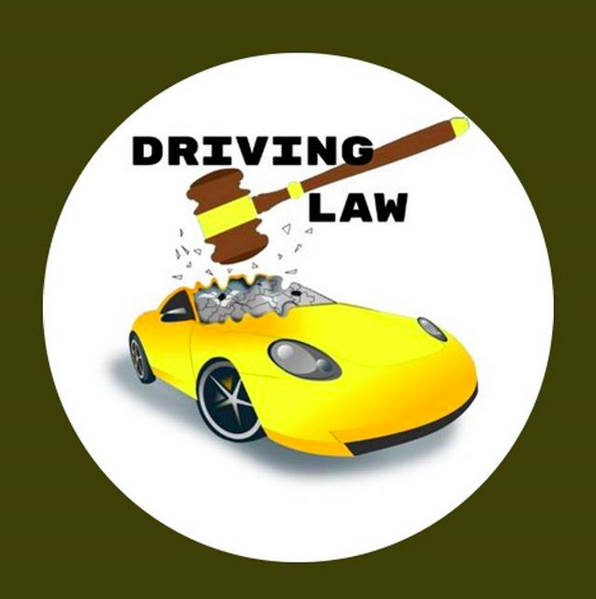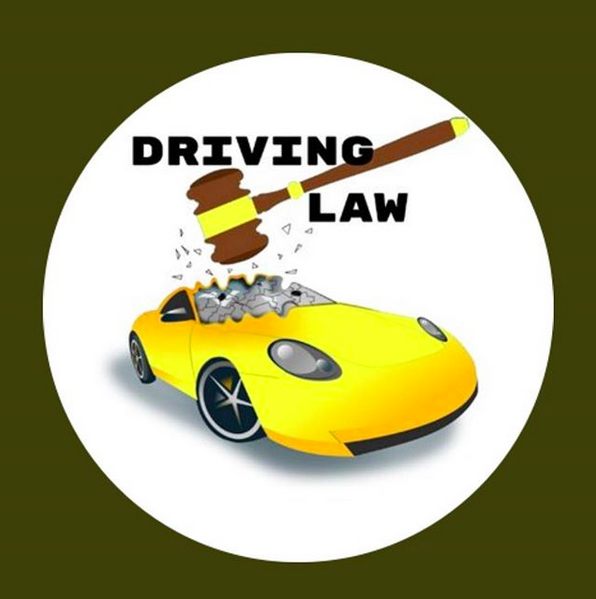The Twelve Weeks of DRE-Mas: Eye Examinations
Eye examinations are particularly interesting because they do not actually say much about impairment at all. What they do say a lot about is the condition of a person’s eyeball and whether that person may have suffered head injuries, has or is suffering a stroke or a seizure, or whether a person may have neurological conditions. Of course, a police officer is in no position to determine any of this.
So read on to find out the three types of eye examinations that are used in the DRE Evaluation.
The Twelve Weeks of DRE-Mas: Eye Examinations Read More »







